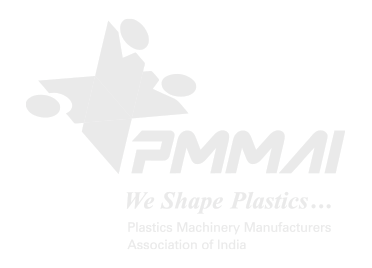

PMMAI earned recognition as an industry association of national status representing the interest of Plastics Machinery manufacturing sector of our country with the Department of Heavy Industries, Ministry of Commerce, Ministry of Finance & Revenue, Department of Chemicals & Petrochemicals.
Meeting with Regional Comprehensive Economic Partnership (RCEP) trade negotiation committe
Mr Balgi attended the meeting organized by FICCI for Indian business associations to interact with representatives of RCEP countries.
Following are his brief deliberations :
"We fully support RCEP initiative. As we understand it is a cooperation between countries for economic participation in regional trade development. It is not for free trade agreements but establishing cooperation for facilitating trade in goods and services and investments. At present customs duty applicable to some of the plastics machinery has been brought down to Zero in FTAs with ASEAN, Korea and Japan. This situation has made us lose some market share on price consideration to imports. Now we look for help. We import some technology component used in our machines from Japan, Taiwan, Korea and China. We look for these countries to invest in India for producing parts locally so that we get cost advantage. These investments will generate employment for our people. Today, industry at large has assumed responsibility for creating employment for our people, so that we improve economic conditions of 300 million people living below poverty line
Once RCEP is concluded can we take it as an overall umbrella agreement superseding earlier FTAs ?
Chairman of the session left it for decision of the countries who have entered into FTAs
Steel manufacturers association expressed that they do not want to participate in RCEP as some member countries are heavily subsidizing steel production. Some 6 Indian steel producers are of world ranking on quality and costs, but not in position to sell products to countries in RCEP
Similar view was expressed by Alkali producers. Japan and India are the only countries producing Alkali chemicals without using Mercury in process
Responding to representations by Indian Industry Associations few members of RCEP group expressed following views: